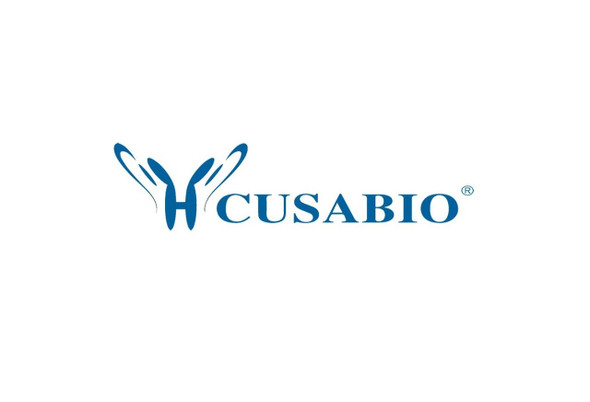Cusabio Monoclonal Antibodies
CD81 Monoclonal Antibody | CSB-MA0049601A0m
- SKU:
- CSB-MA0049601A0m
- Availability:
- 3 to 7 Working Days
Description
CD81 Monoclonal Antibody | CSB-MA0049601A0m | Cusabio
CD81 Monoclonal Antibody is Available at Gentaur Genprice with the fastest delivery.
Online Order Payment is possible or send quotation to info@gentaur.com.
Product Type: Monoclonal Antibody
Target Name: CD81
Aliases: CD81, CD81 Antigen (Target Of Antiproliferative Antibody 1) , 26 KDa Cell Surface Protein, TAPA-1
Relevance: The protein encoded by this gene is a member of the transmembrane 4 superfamily, also known as the tetraspaninfamily. Most of these members are cell-surface proteins that are characterized by the presence of fourhydrophobic domains. The proteins mediate signal transduction events that play a role in the regulation of celldevelopment, activation, growth and motility. This encoded protein is a cell surface glycoprotein that is knownto complex with integrins. This protein appears to promote muscle cell fusion and support myotube maintenance.Also it may be involved in signal transduction. This gene is localized in the tumor-suppressor gene region andthus it is a candidate gene for malignancies.
Isotype: IgG
Conjugate: Non-conjugated
Clone Number: 2E11E5
Uniport ID: P60033
Alternatives To SCBT: sc-166028/sc-23962/sc-70804/sc-70803/sc-166029/sc-7637
Host Species: Mouse
Species Reactivity: Human
Immunogen: Recombinant Human CD81 Protein
Immunogen Species: Human
Applications: ELISA, IHC
Tested Applications: ELISA, IHC;Recommended dilution:IHC:1:50-1:500
Purification Method: >95%, Protein G purified
Dilution Ratio1: IHC:1:50-1:500
Dilution Ratio2:
Dilution Ratio3:
Dilution Ratio4:
Dilution Ratio5:
Buffer: Preservative: 0.03% Proclin 300
Constituents: 50% Glycerol, 0.01M PBS, PH 7.4
Form: liquid
Storage: Upon receipt, store at -20°C or -80°C. Avoid repeated freeze.
Initial Research Areas: Immunology
Research Areas: Immunology;Microbiology









